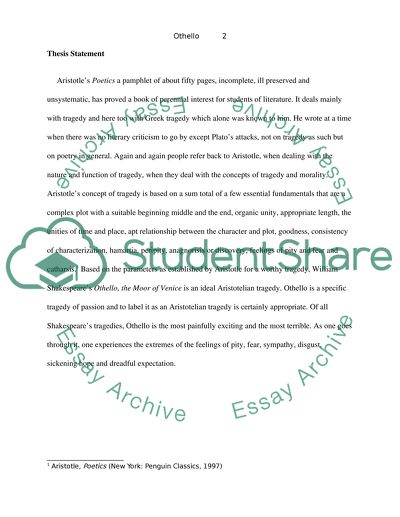Cite this document
(“Reaserch Paper on Othello the Moor of Venice, as a tragedy Research - 1”, n.d.)
Retrieved from https://studentshare.org/miscellaneous/1575835-reaserch-paper-on-othello-the-moor-of-venice-as-a-tragedy
Retrieved from https://studentshare.org/miscellaneous/1575835-reaserch-paper-on-othello-the-moor-of-venice-as-a-tragedy
(Reaserch Paper on Othello the Moor of Venice, As a Tragedy Research - 1)
https://studentshare.org/miscellaneous/1575835-reaserch-paper-on-othello-the-moor-of-venice-as-a-tragedy.
https://studentshare.org/miscellaneous/1575835-reaserch-paper-on-othello-the-moor-of-venice-as-a-tragedy.
“Reaserch Paper on Othello the Moor of Venice, As a Tragedy Research - 1”, n.d. https://studentshare.org/miscellaneous/1575835-reaserch-paper-on-othello-the-moor-of-venice-as-a-tragedy.


